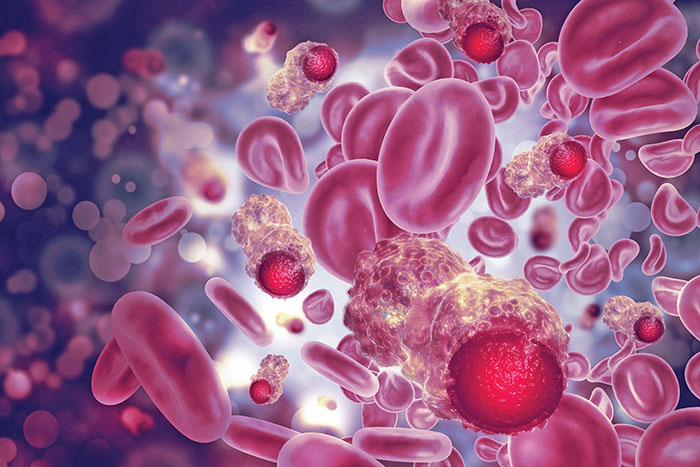
Imagine you’ve just been given the news that you have blood cancer, but you are told, “not to worry, it’s the good kind.” A cancer diagnosis can be shocking, and you have just heard that you should be relieved — even grateful?
In one survey, nearly half of people (48%) reported hearing this type of language from their healthcare provider when diagnosed with chronic lymphocytic leukaemia, or CLL. CLL is the most common type of adult leukaemia. This year alone, nearly 21,000 adults in the US will be diagnosed with this slow-growing, chronic blood cancer.
Most people with CLL do not show any initial symptoms, and doctors may delay treatment until the disease progresses — which is known as “watch and wait”. However, some people with CLL may require treatment as soon as they are diagnosed. That’s why it’s so important for people diagnosed with CLL to be their own advocates, seek out second opinions and work closely with their healthcare team to discuss their specific needs and concerns.
“Finding out you have a chronic blood cancer like CLL can feel isolating, and we’ve found that more than one-third of patients do not receive the education they need from their doctor at the time of diagnosis,” said Dr Brian Koffman, founder and medical director, CLL Society.
“It’s important for people to learn more about CLL through the many credible resources available, connect with others in their patient community, and become active partners in their own care.
It’s important for people with CLL to know that they are not alone on this journey and that there are resources and a community of support within reach. Some ways for people with CLL to connect with others, create a strong support team and stay engaged include:
Developing strong relationships with medical teams.
In addition to primary care physicians and medical oncologists, people with CLL can look for support from physician assistants, nurse practitioners and social workers.